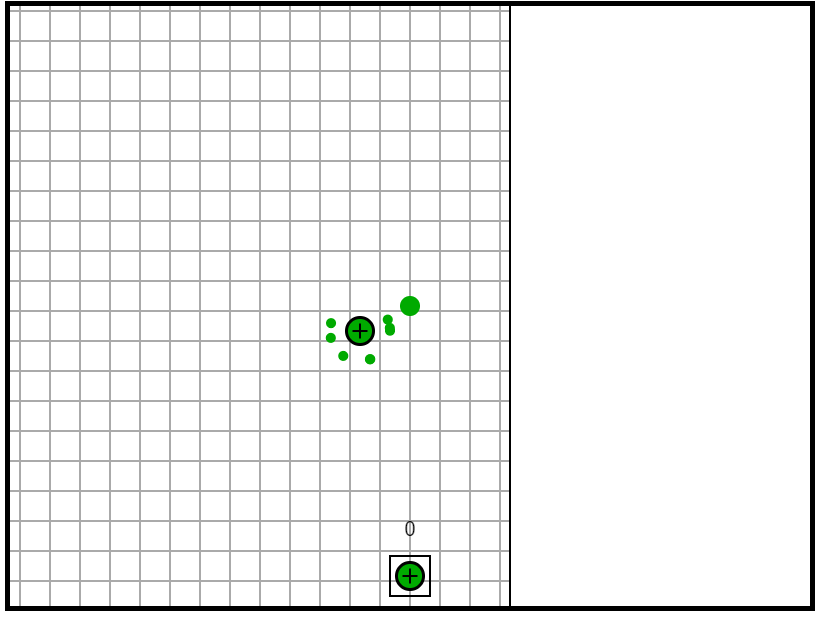Computer Science Club Develops New Online Project
Students who go to “blobbattles.herokuapp.com” are able to host and join a game, but will not be able to do much more than that.
Computer science club is working on a big project that, when it is finished (which is not yet determined), provide endless entertainment: a video game.
“What we have so far is essentially the groundwork for a full-on game,” club president and sophomore Kevin Du said. “We have some of the basic game engines implemented, such as the server that communicates between player.”
The game is called “Blob Battles.” Two teams of two-to-three players are pitted against each other in a capture-the-flag style mode. Teammates use currency to build or upgrade farms or weapons for their characters. Winning the game requires strategy and resource management.
“So far it’s just Justin Gea and I working on [the game], but we’ve set this aside for now,” Du said. “We might be able to find time to work on it this summer. At this point, we can really go in any direction with this. When it’s done, it’ll be a website people can just join and play games with their friends.”
Instead, other club members are working on individual projects, such as sophomore Arvin Ding, who built smaller games on his own website. Some titles include the iconic single-play game “Jump” and a multiplayer spinoff, and “Bullet,” an original by Ding.
“The website is part of a larger organization called Math at the Library,” Ding said. “In order to get more publicity and to help make the program more known to the public and more consumer-friendly, I created a website. We founded the organization to help kids in need of math.”
Eventually, the club plans to develop an artificial neural network (A.I.). They would code the program to learn top beat the game “Game of the Amazons,” a simplistic board game involving three black and three white queens on a chessboard. They would be using backpropagation, an advanced method for training artificial neural networks via trial and error.
“The leadership has gone above and beyond my expectations in terms of allowing the club to go its own way,” club adviser Eric Graham said. “[Arvin and Kevin have] given students who don’t have a lot of computer science knowledge a place to go and given students with a lot of computer science knowledge a place to go. I’m incredibly proud of the leadership that a sophomore would be able to do in a club like this.”
In the 2019-20 school year, Du said the club hopes to achieve a few goals: bring on more people to create projects and invite lecturers to speak to the club about diverse computer science careers.
Your donation will support the student journalists of Portola High School. Your contribution will allow us to purchase equipment and cover our annual website hosting costs.




